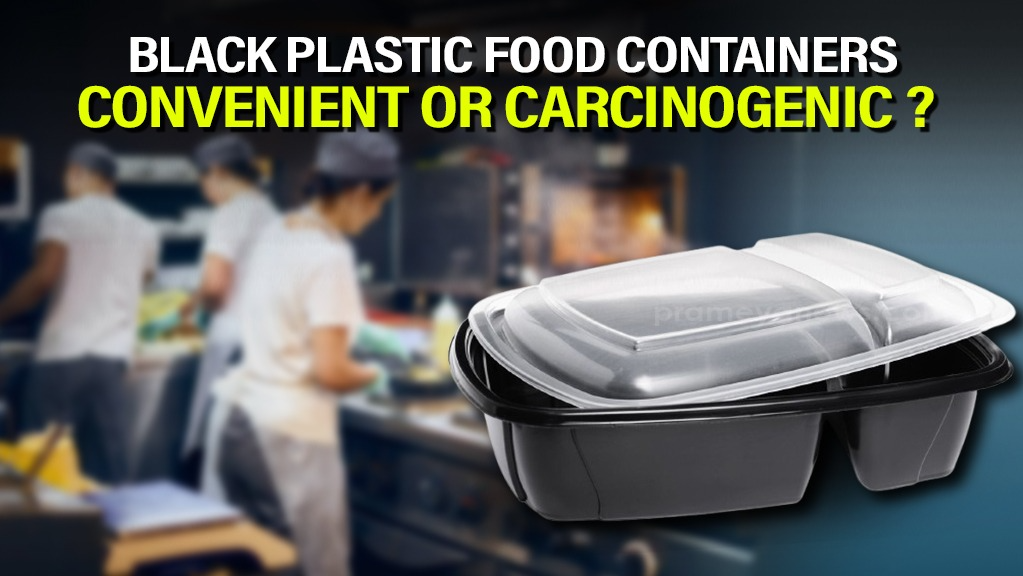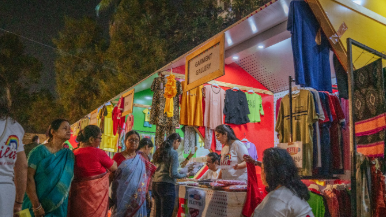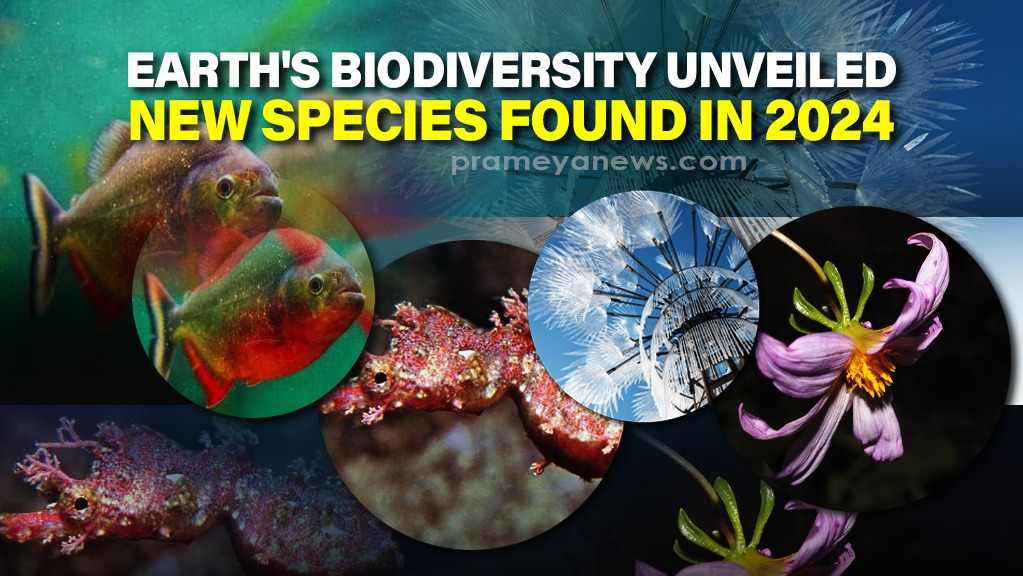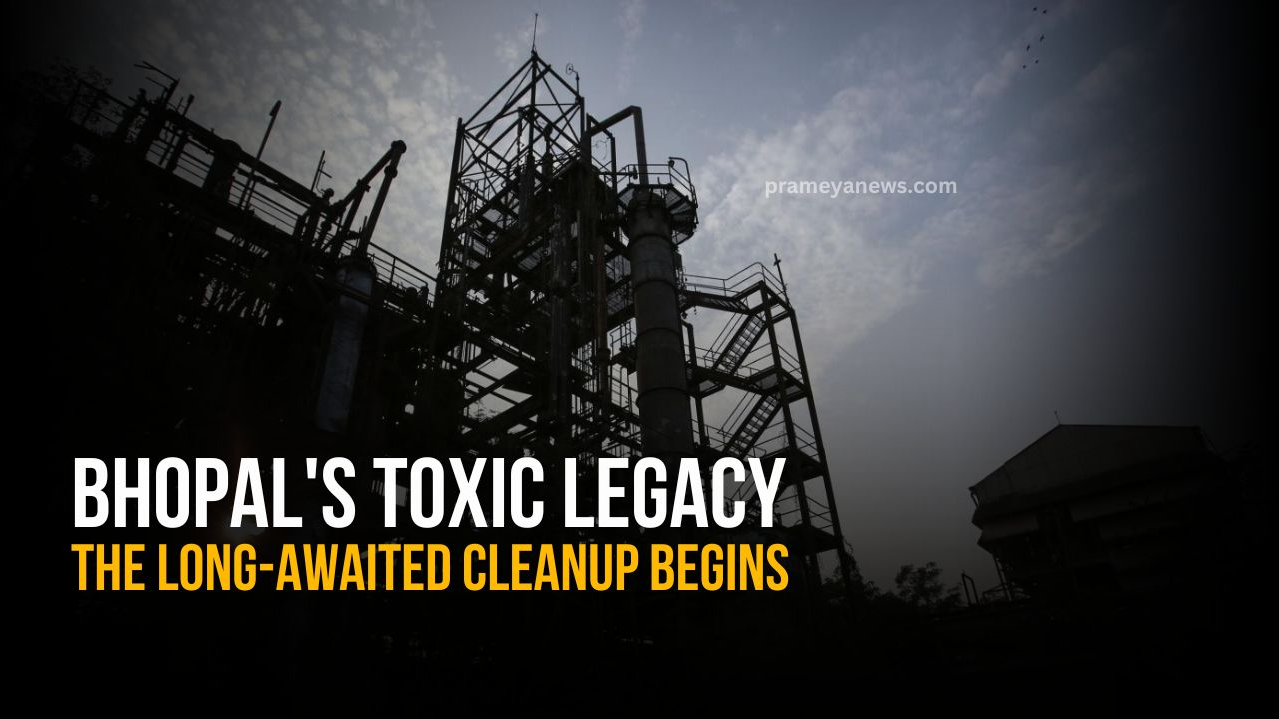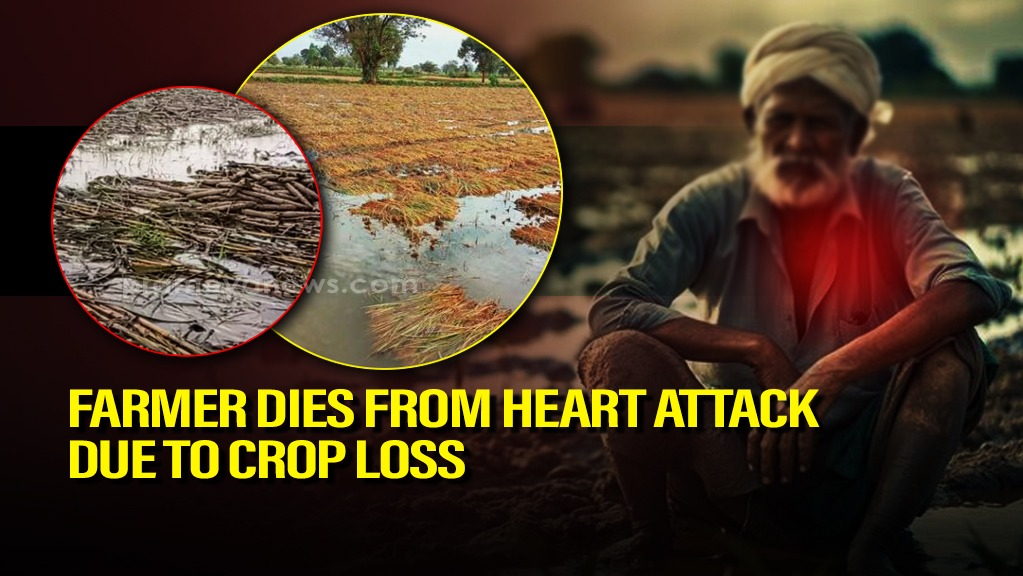We've all been there – ordering takeout and receiving it in those ubiquitous black plastic containers. They're sturdy, convenient, and often get a second life storing leftovers in our fridges. But a recent wave of concern, fueled in part by a viral Instagram video, has many of us questioning the safety of these seemingly harmless containers. Is black plastic just another convenient material, or is it a silent health hazard lurking in our kitchens? The debate centers around the chemicals used in their production and whether they can migrate into our food, potentially increasing our risk of cancer and other health problems. Let's dive into the science behind these concerns and separate fact from fiction.
The Rise of Black Plastic and the Viral Spark
Black plastic has become a mainstay in the food industry, used not just for delivery containers but also for spatulas, serving spoons, and other kitchen utensils. Its popularity stems from its durability, low cost, and often, its origin: recycled materials. Recently, an Instagram influencer's video cautioning against the use and reuse of black plastic containers for storing or microwaving food went viral, igniting a widespread discussion. The video tapped into a growing awareness of the potential dangers of certain plastics, particularly when heated.
Black Plastic: What's the Deal?
The concern with black plastic isn't necessarily the color itself, but rather what's often lurking within its composition. Here's the breakdown:
- Recycled Origins: Black plastic is frequently made from recycled electronic waste (e-waste), which can contain a cocktail of chemicals.
- Flame Retardants: To meet safety standards, electronics often contain flame retardants, such as decabromodiphenyl ether (decaBDE). These chemicals can persist in the recycled plastic.
- The Leaching Problem: The real issue arises when these chemicals potentially "leach" or migrate from the plastic into the food it contains. This is more likely to occur when the plastic is heated, exposed to fatty or acidic foods, or used repeatedly over time.
The Big Question: Can Black Plastic Cause Cancer?
A recent study published in the journal Chemosphere added fuel to the fire. Researchers analyzed 203 black plastic consumer products and found toxic flame-retardant chemicals in a whopping 85% of them. This is concerning because some of these chemicals, including decaBDE, are classified as "suspected carcinogens" and "endocrine disruptors."
- Suspected Carcinogens: These are substances that have been linked to an increased risk of cancer, although the evidence might not be conclusive.
- Endocrine Disruptors: These chemicals can interfere with the body's hormonal system, potentially leading to a range of health problems, including reproductive issues, developmental problems, and even certain types of cancer.
Beyond Cancer: Other Health and Environmental Concerns
The potential risks of black plastic extend beyond cancer. Here are some other areas of concern:
- Hormonal Havoc: Chemicals like Bisphenol A (BPA) and phthalates, often found in black plastic, are known endocrine disruptors. Studies have linked them to reproductive health problems, obesity, and diabetes.
- Brain Drain: Some research suggests that exposure to certain additives in black plastic could negatively impact brain development, potentially leading to lower IQ and other neurological disorders in children.
- Environmental Nightmare: Black plastic is notoriously difficult to recycle. It often ends up in landfills, where it can persist for centuries, or in incinerators, releasing toxic pollutants like dioxins and furans into the air. These pollutants are known carcinogens and pose a serious threat to human health.
- Microplastic Menace: Like other plastics, black plastic can break down into tiny particles called microplastics. These microplastics contaminate our food, water, and even the air we breathe. The long-term health effects of microplastic ingestion are still being studied, but early research suggests they can cause inflammation, oxidative stress, and cellular damage.
The Bottom Line: Should You Ditch Black Plastic?
While a definitive "yes" or "no" on the cancer link is still pending further research, the evidence strongly suggests that it's wise to err on the side of caution. Experts unanimously recommend minimizing your exposure to black plastic, especially when it comes to food.
Here are some practical steps you can take:
- Say No to Reheating: Never heat food in black plastic containers, whether in a microwave or otherwise.
- Storage Swap: Transfer leftovers from black plastic delivery containers to glass or stainless-steel containers for storage.
- Utensil Upgrade: Replace black plastic kitchen utensils with wooden or stainless-steel alternatives.
- Mindful Choices: Be aware of the prevalence of black plastic and try to choose products packaged in safer materials whenever possible.
A Call for Safer Alternatives and More Research
The debate surrounding black plastic highlights a growing awareness of the potential health risks associated with everyday materials. While more research is needed to establish a definitive link between black plastic and cancer, the existing evidence raises significant concerns about its chemical composition and its potential to leach harmful substances into our food and environment. This situation underscores the urgent need for stricter regulations on the use of recycled materials in food-contact products and for the development of safer, more sustainable alternatives. As consumers, we can make informed choices to minimize our exposure to potentially harmful chemicals. By opting for safer materials and advocating for greater transparency in product manufacturing, we can push for a healthier and more sustainable future. The black plastic debate is a reminder that convenience should not come at the cost of our health or the well-being of our planet. It's a call to action for both individuals and industries to prioritize safety and sustainability in the choices we make every day.
DISCLAIMER: The information presented in this brief draws upon publicly available sources, including news reports, and industry publications, and expert commentary. The analysis and conclusions presented reflect the author's own understanding and perspective.







